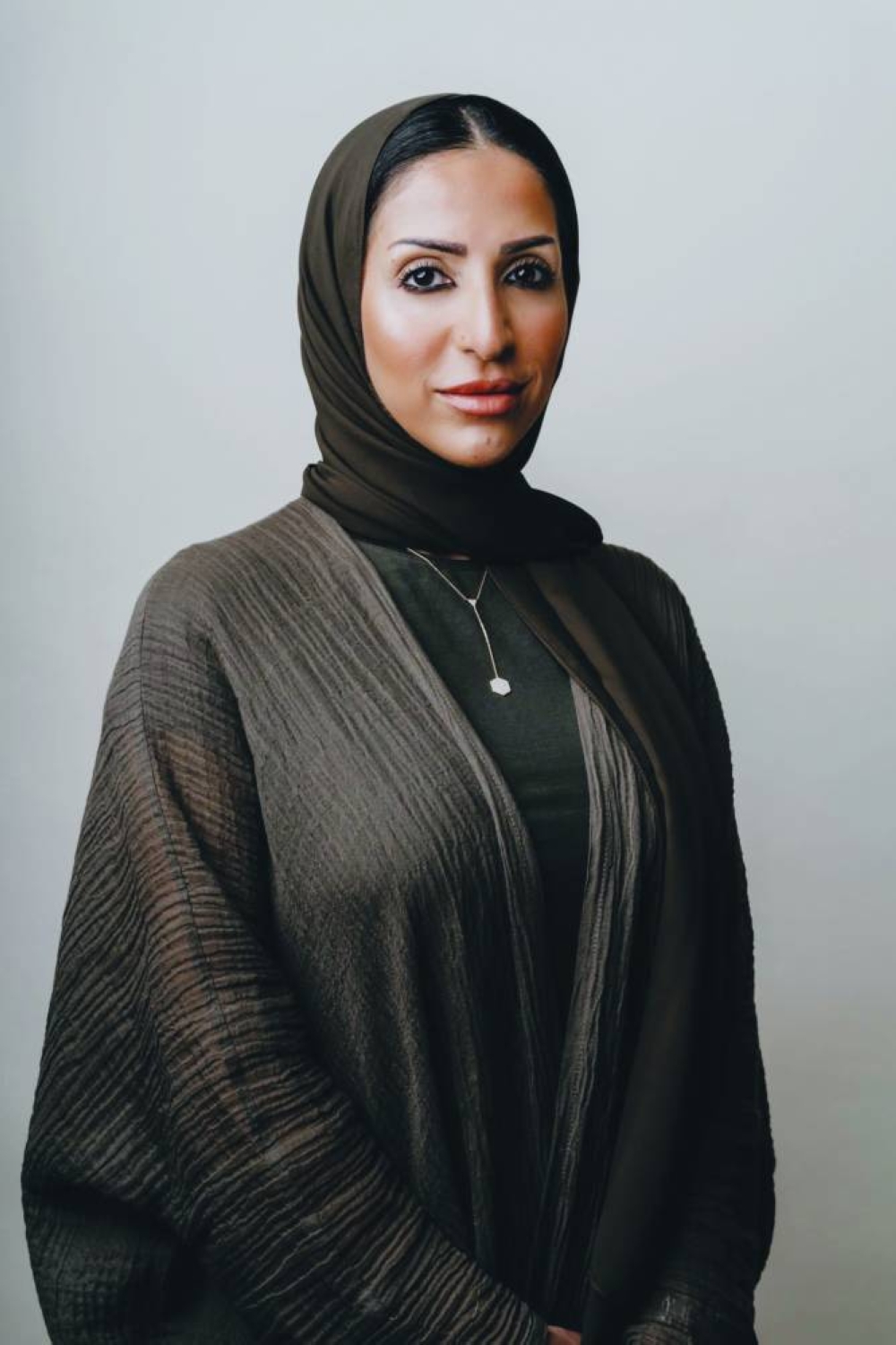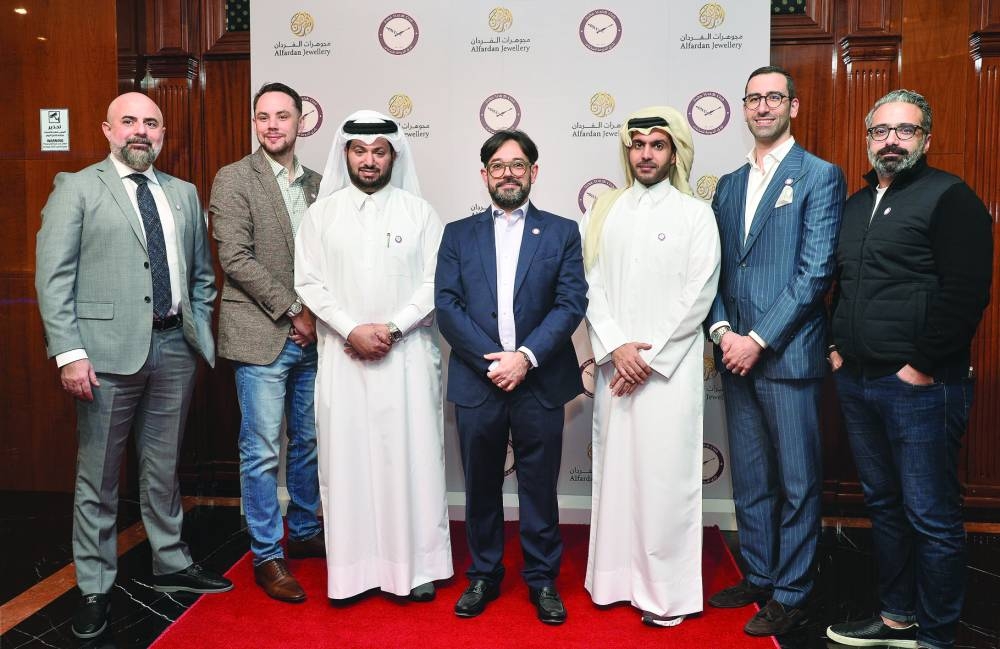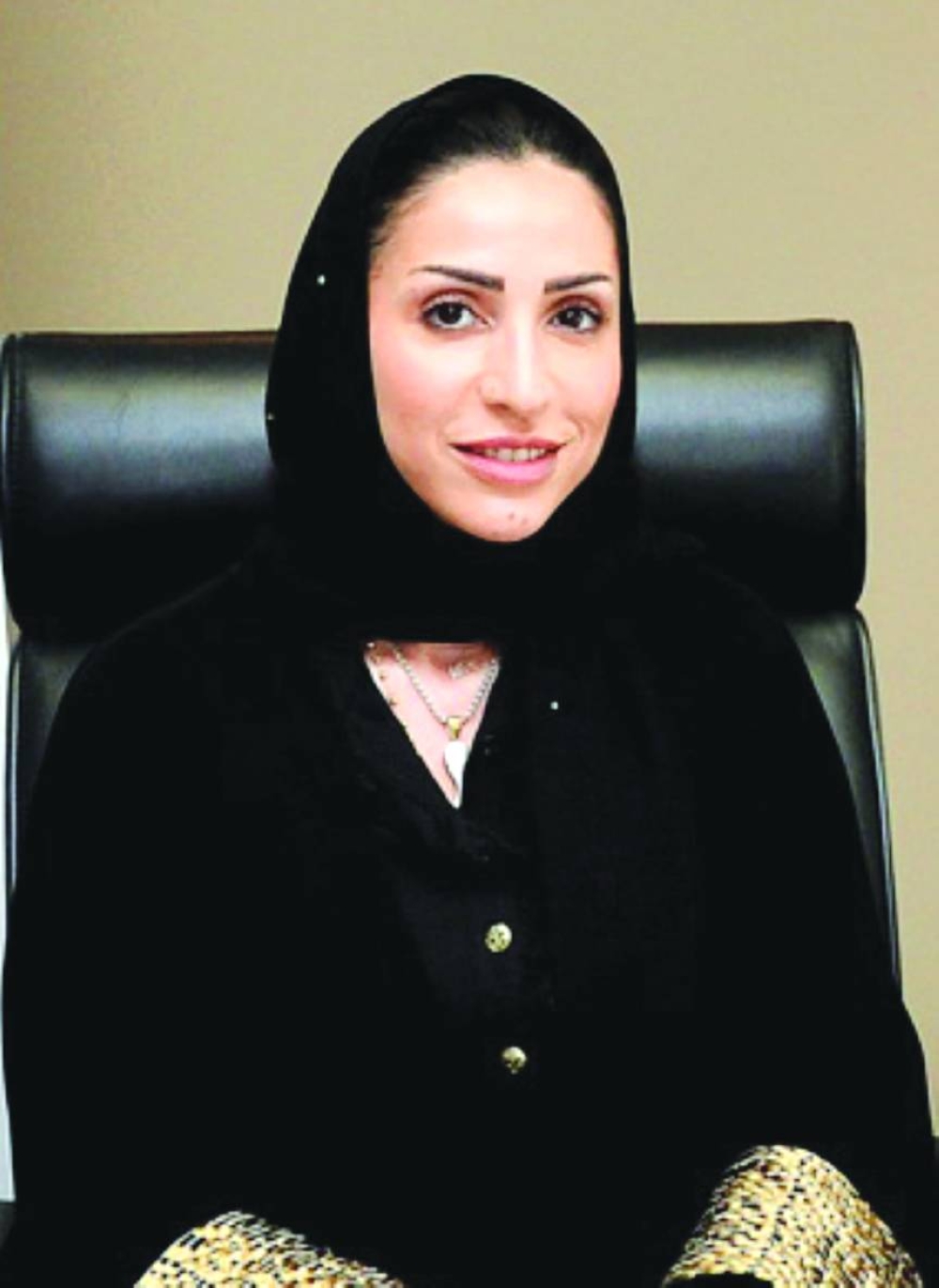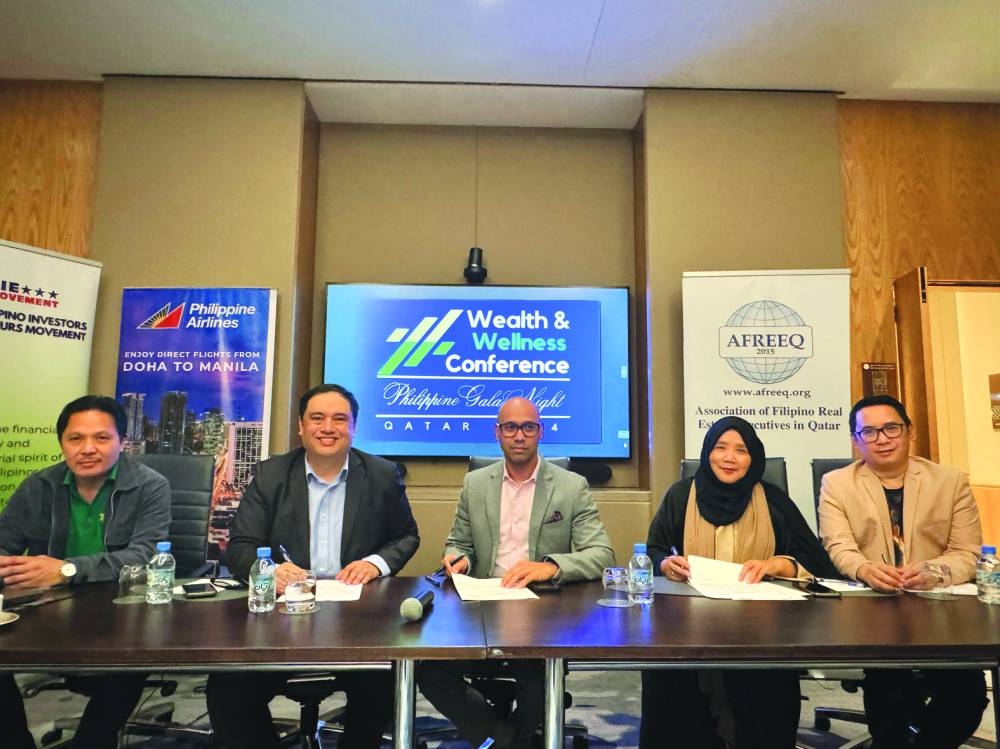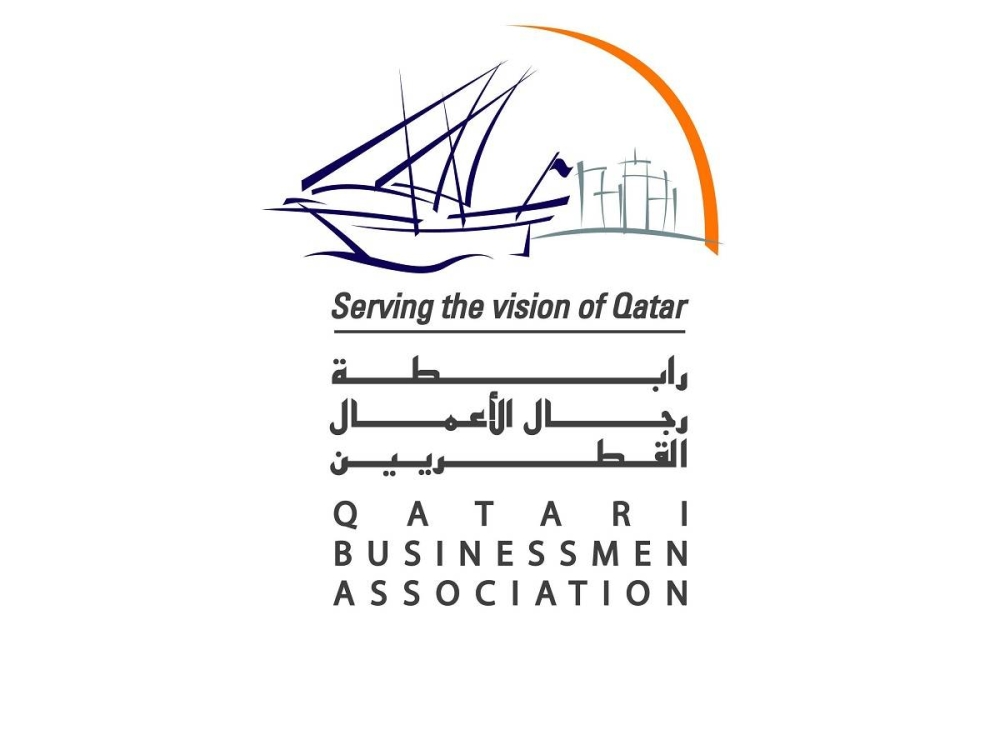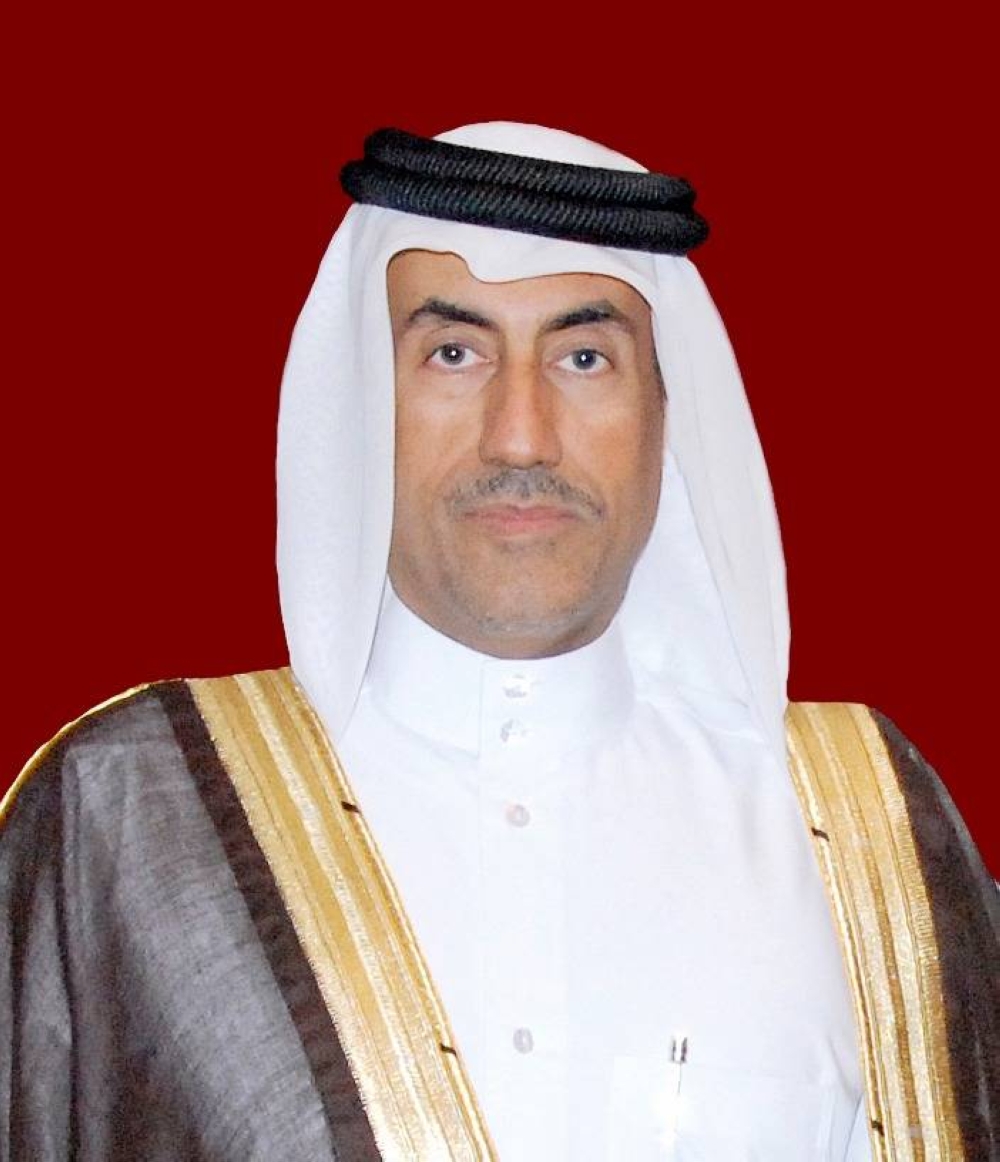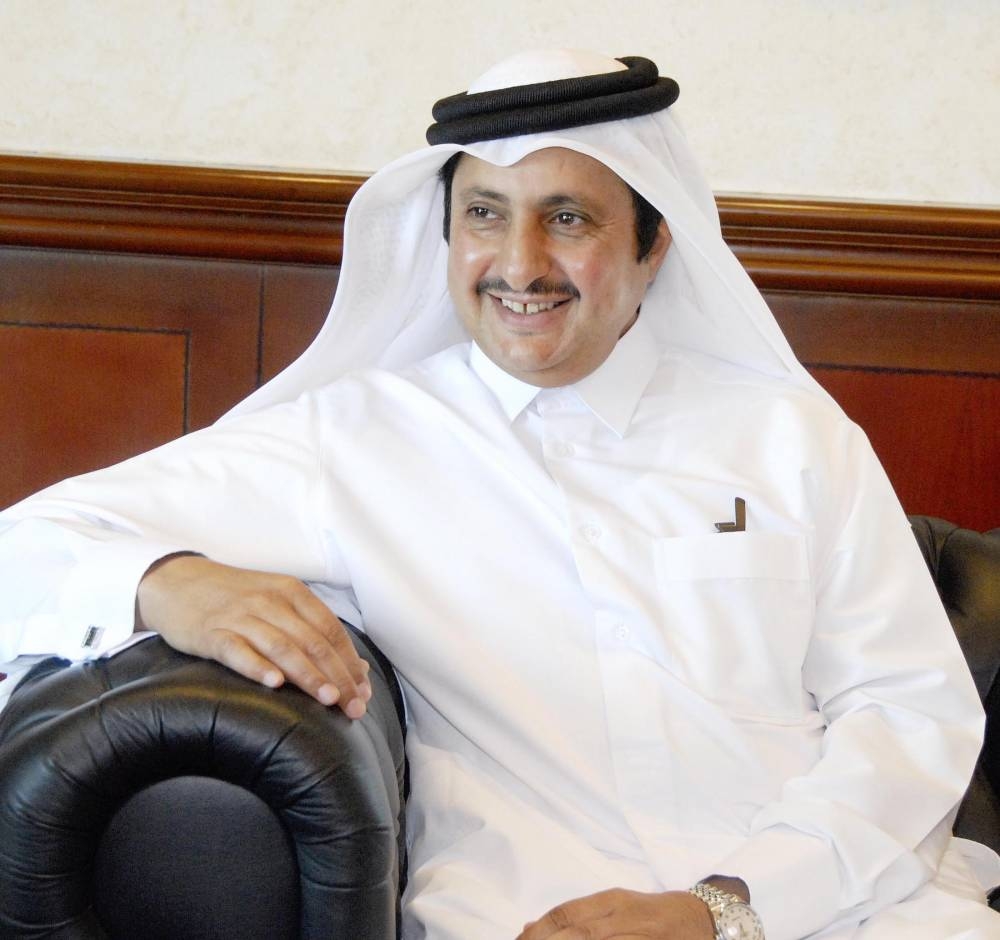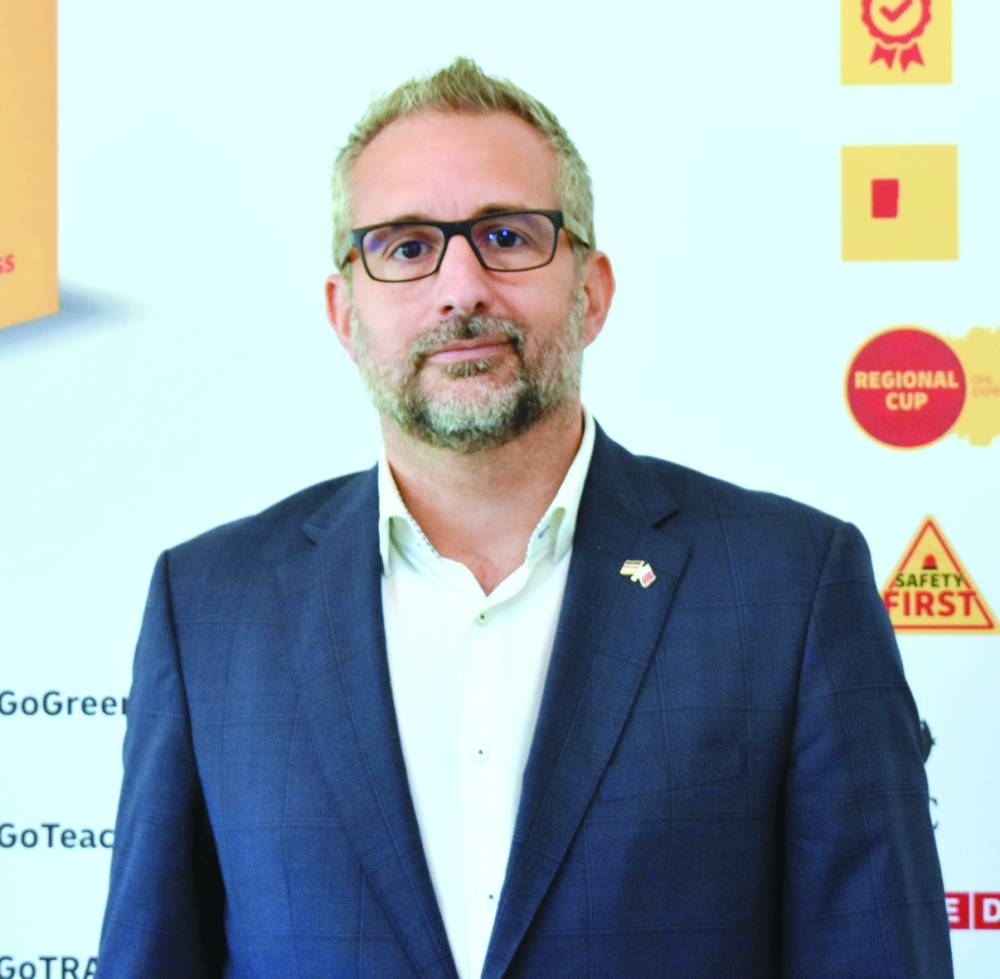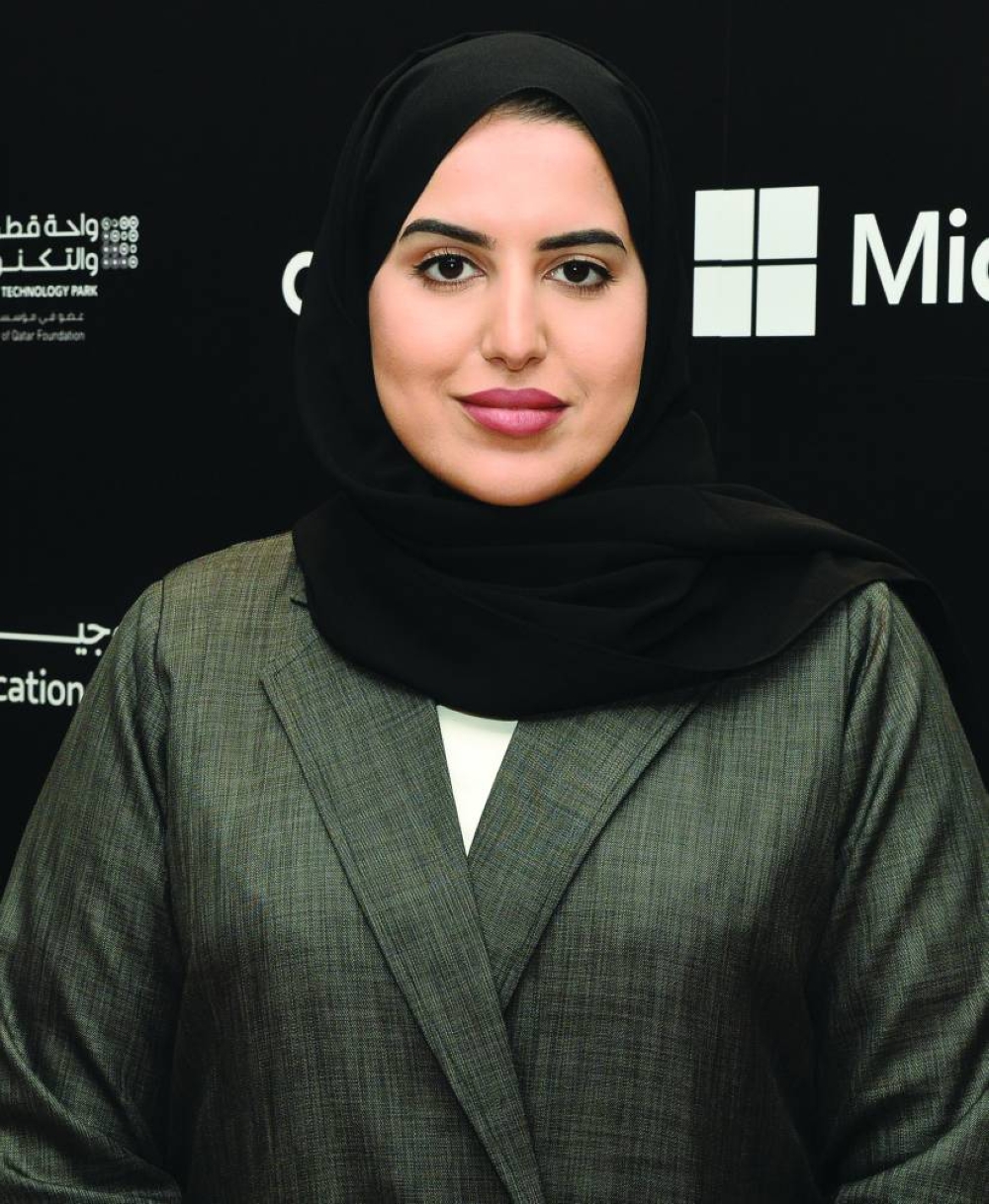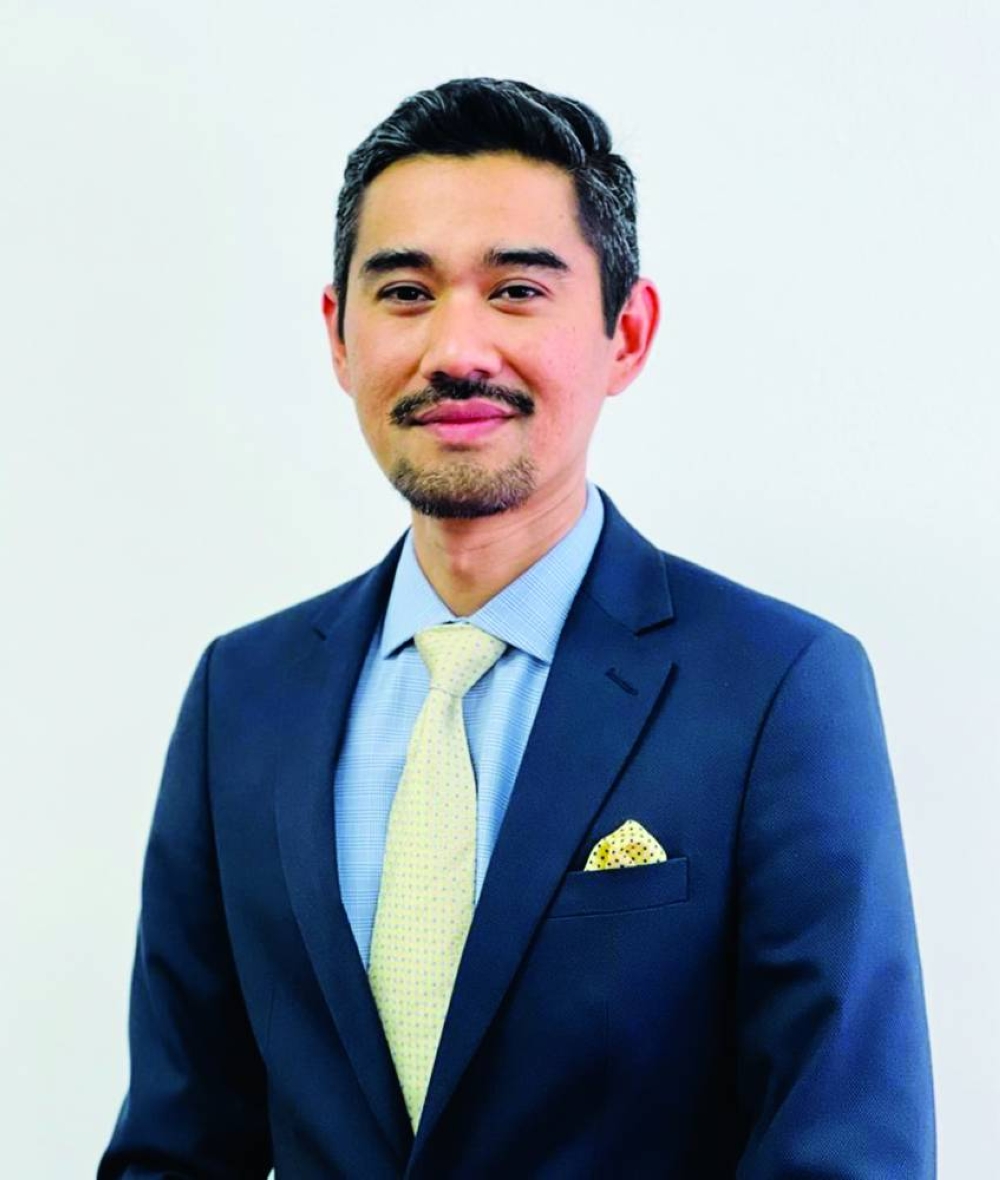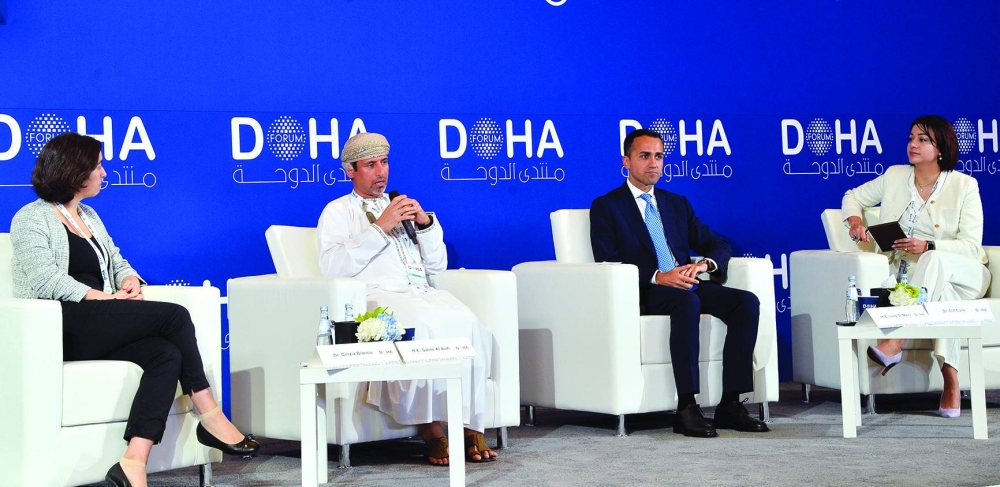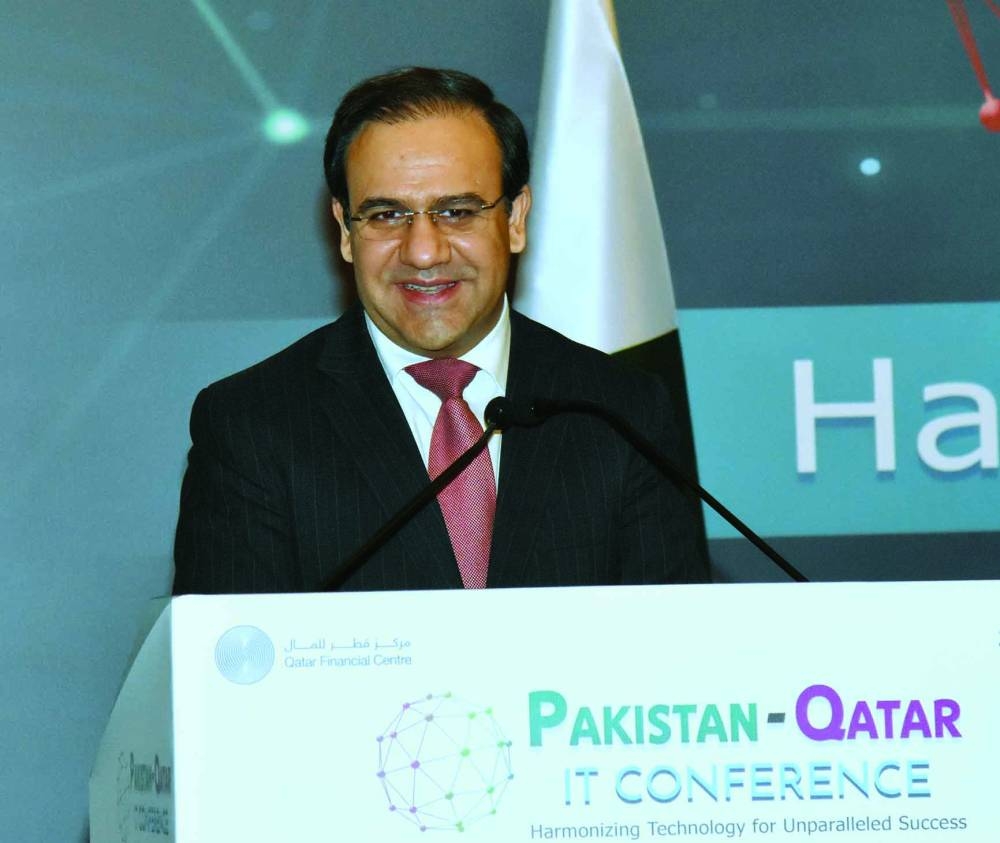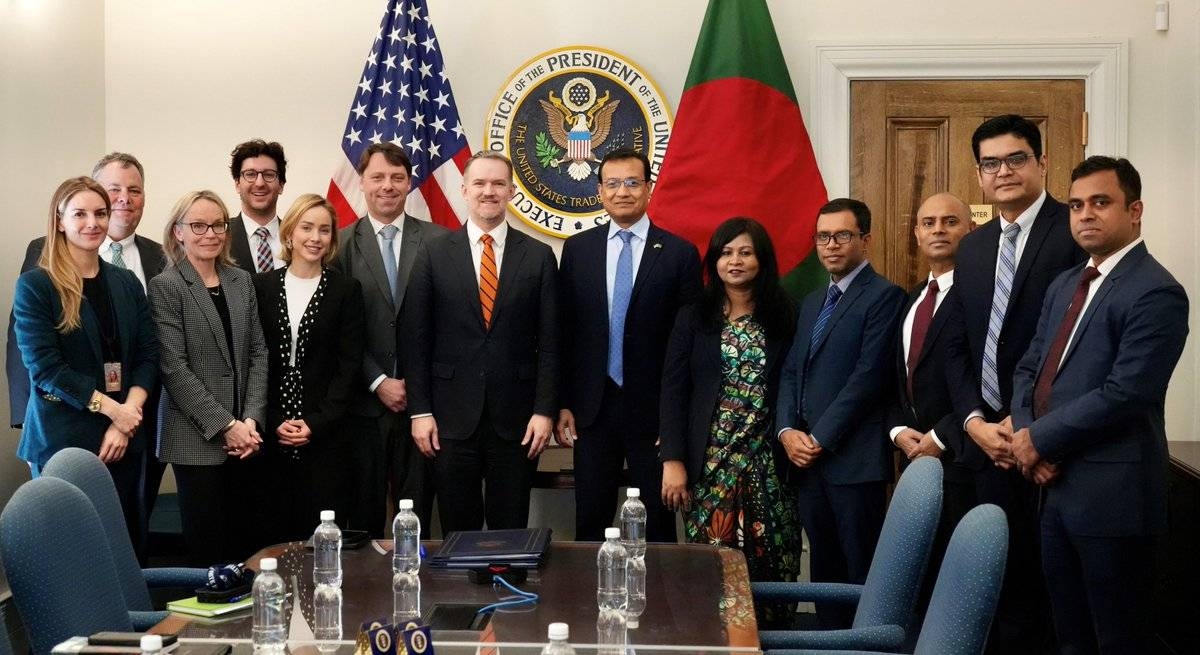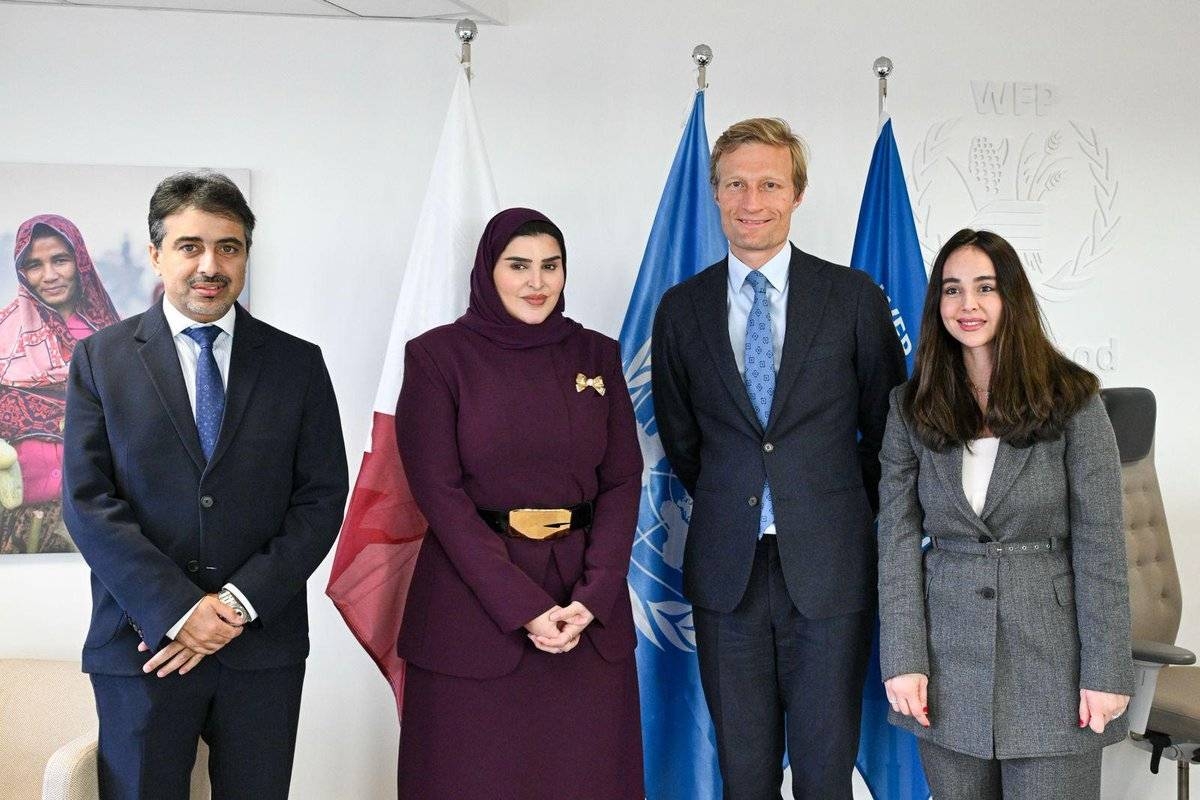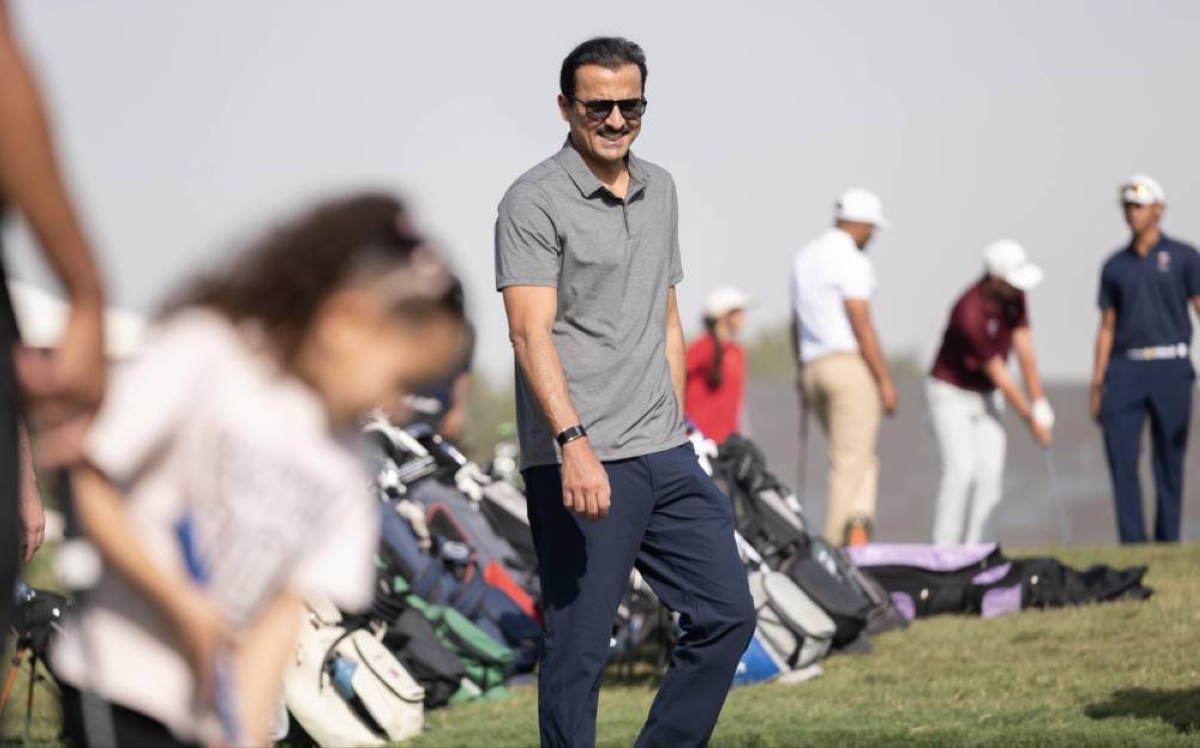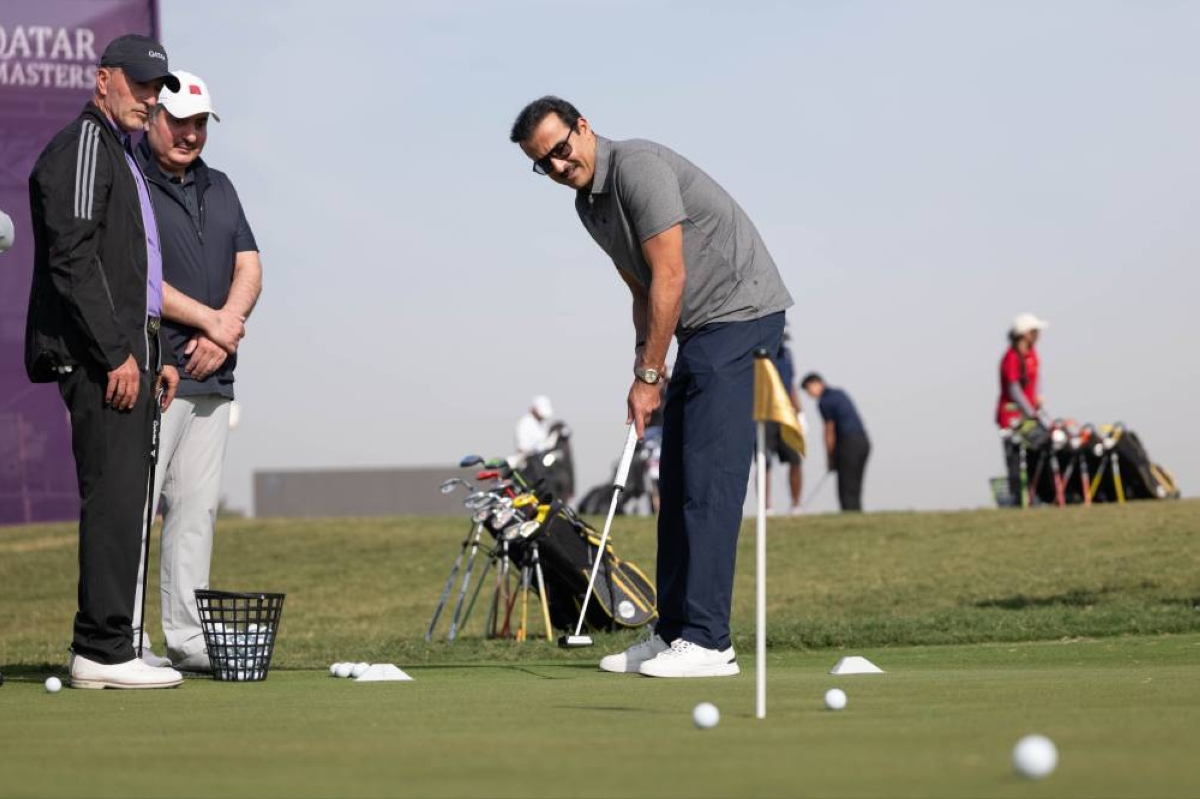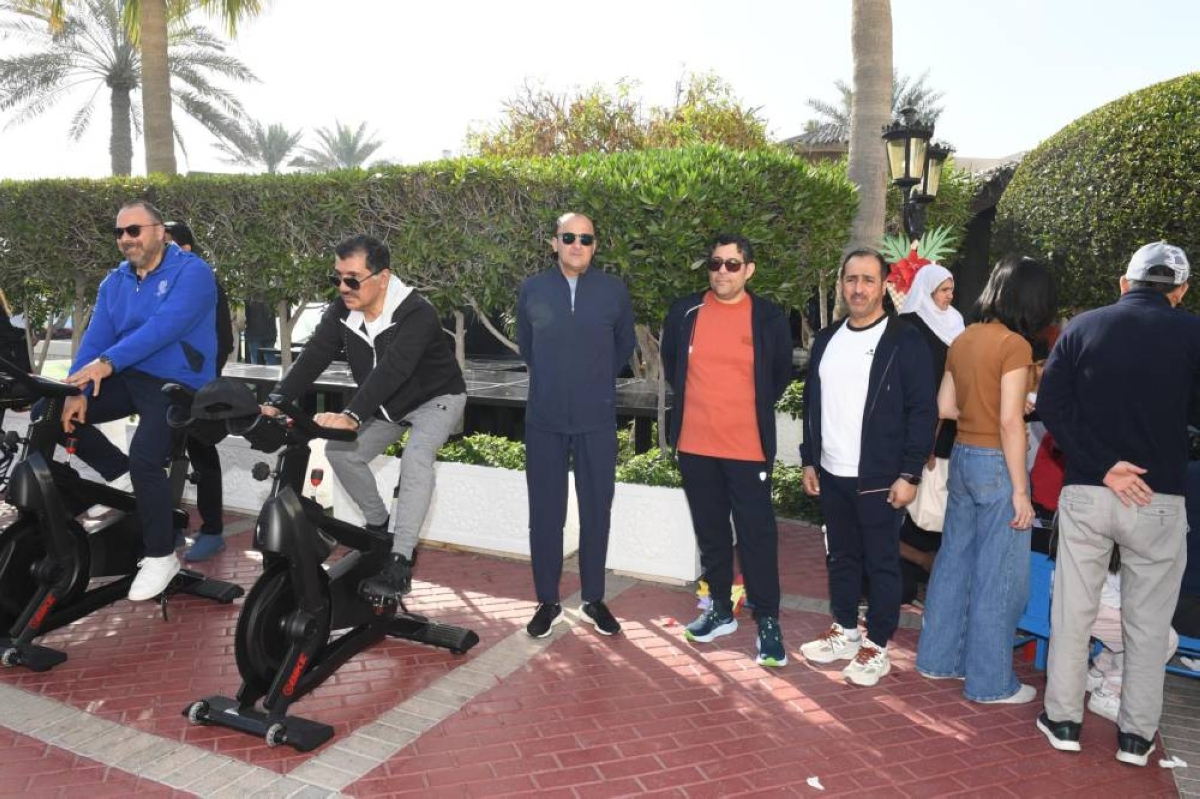An official of the US-Qatar Business Council (USQBC) has underscored the USQBC’s significant role in providing American small and medium-sized enterprises (SMEs) access to the Qatari market.Sheikha Mayes al-Thani, managing director of USQBC in Qatar, said the USQBC’s “crucial role” in aiding the entry of American SMEs into the Qatari market includes providing market intelligence, networking opportunities, and business matchmaking services, and connecting these SMEs with local partners, customers, and suppliers.“The council offers one-on-one counselling that provides insight into Qatari business practices, advocates for American business interests and assists in navigating regulatory processes. The USQBC facilitates access to decision-makers, organises trade missions, and collaborates with local institutions to enhance the visibility and opportunities for SMEs in Qatar.“Furthermore, the council keeps SMEs informed about market developments, policy changes, and trade shows, as well as providing personalised support to address the unique needs and challenges of each business,” Sheikha Mayes told Gulf Times in the context of the USQBC’s role in supporting the upcoming SelectUSA Investment Summit.Earlier, Sheikha Mayes noted that the USQBC is planning a series of events to support Qatari businesspeople who will be participating in the investment summit slated on June 23-26 at the Gaylord National Resort and Convention Centre in National Harbour, Maryland.To evaluate the potential for collaboration between American SMEs and their Qatari counterparts in various sectors, such as technology, health, education, and tourism, Sheikha Mayes explained that a comprehensive assessment is conducted to ensure that SMEs from the US can effectively collaborate on the Qatari market.“This involves assessing market demand, ensuring compliance with regulatory requirements, and exploring partnership opportunities. It is imperative to adhere to local standards, identify specific needs, and tailor offerings to local cultures and preferences,” she emphasised.Sheikha Mayes also stressed that it is important to consider the following factors: cultural understanding, adherence to regulatory requirements, monitoring of market trends, and active engagement in networking to build relationships.“We ensure successful collaboration and market penetration in Qatar by systematically addressing these factors and tailoring custom-made strategies accordingly,” Sheikha Mayes further pointed out.She said, “The USQBC recognises the difficulties American SMEs may encounter due to cultural differences, regulatory complexity, and market access barriers in Qatar. Despite these difficulties, the USQBC recognises that Qatar’s economic diversification efforts, infrastructure development projects, government initiatives, and the growing demand for education, training, and tourism present significant opportunities.”According to Sheikha Mayes, the council is intended to facilitate collaboration and business continuity for American SMEs in these promising fields. She noted that the USQBC strives to increase the success of American businesses in Qatar by aligning its programmes with Qatar’s economic goals, offering innovative solutions, connecting them and directing them to the proper resources.Based on shared values, interests, and a shared vision for the future, Sheikha Mayes said that Qatar-US ties “are stronger than ever before” and Qatar’s long-term economic development offers ample opportunities for American businesses.Currently, many opportunities for collaboration exist between Qatar and the US, she said, adding that there is a strong focus on the energy sector with Qatar serving as a major natural gas exporter. At the same time, the US has extensive expertise in energy-related technologies.“There are also opportunities in the area of investment and finance, taking advantage of Qatar’s interest in diversifying its investment portfolio and the strength of the US financial sector,” Sheikha Mayes stressed.She added: “Co-operation in the field of defence and security, a historical collaboration area, offers further opportunities for joint projects. Several other areas of collaboration are also encouraged, such as technology, innovation, research and development (R&D), tourism, education, agriculture, and food security.”

Peter Alagos
Peter Alagos reports on Business and general news for Gulf Times. He is a Kapampangan journalist with a writing career of almost 30 years. His photographs have been published in several books, including a book on the 1991 Mt. Pinatubo eruption launched by former Philippine president Fidel V. Ramos. Peter has also taught journalism in two universities.
Most Read Stories
1
2

